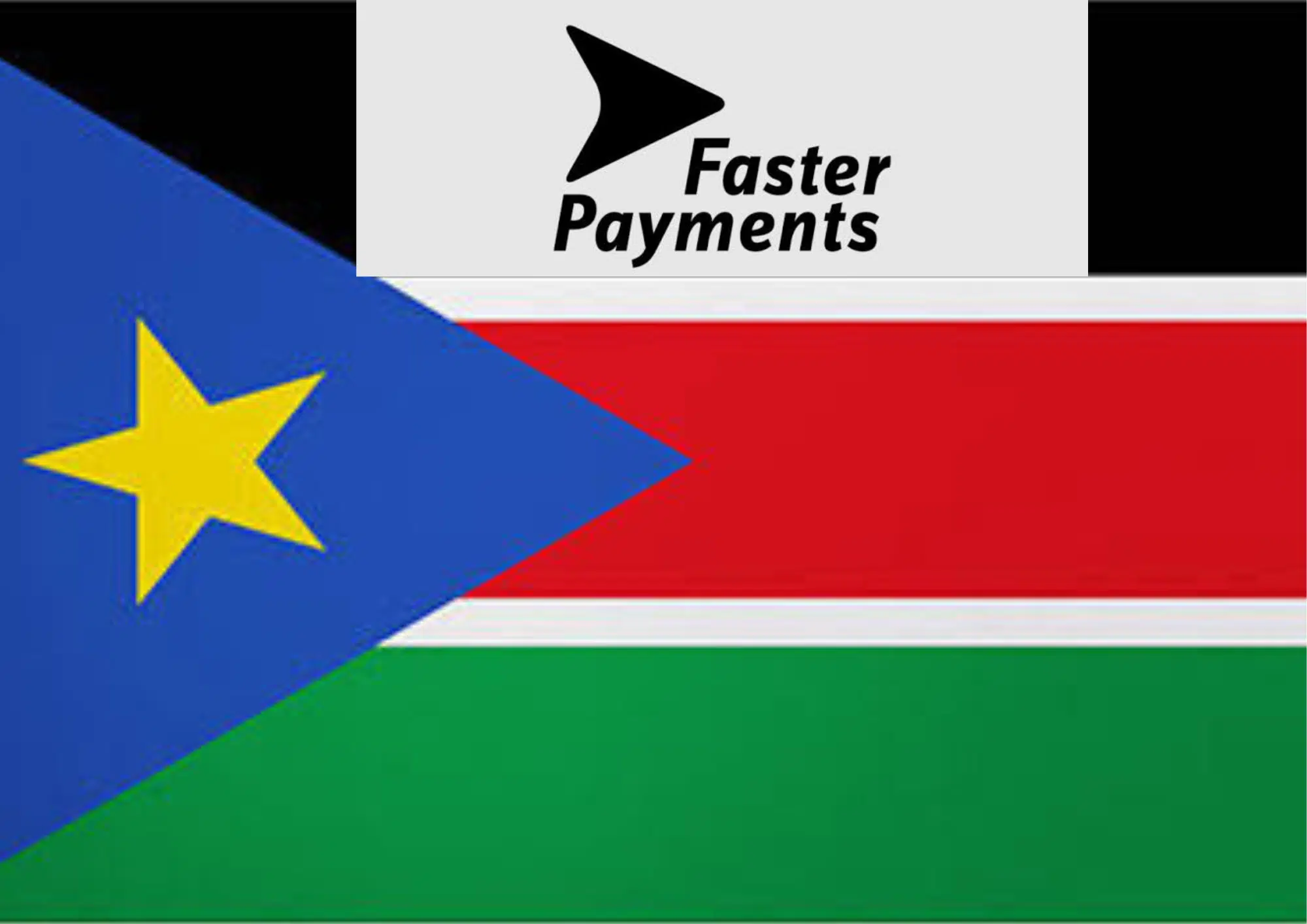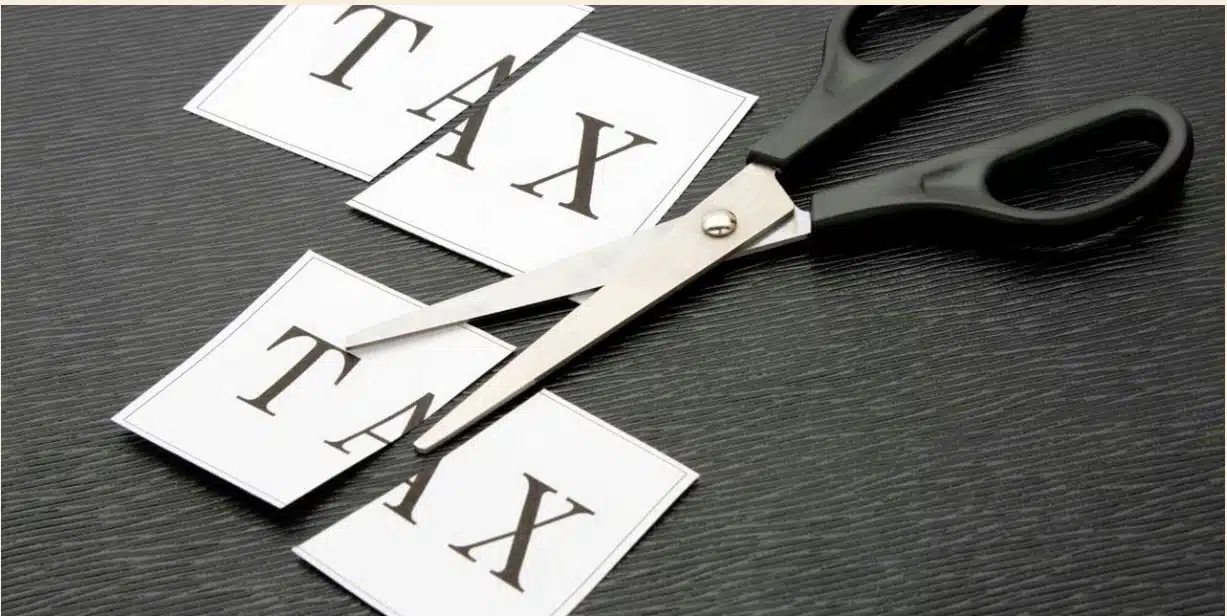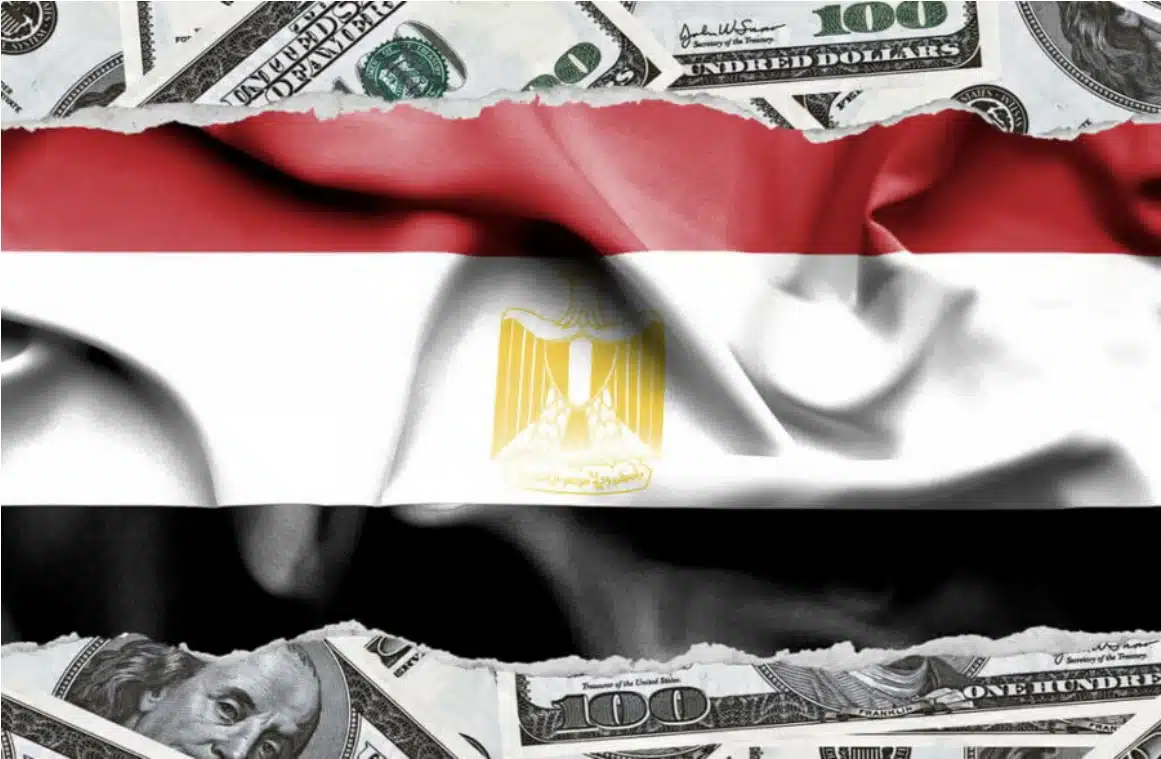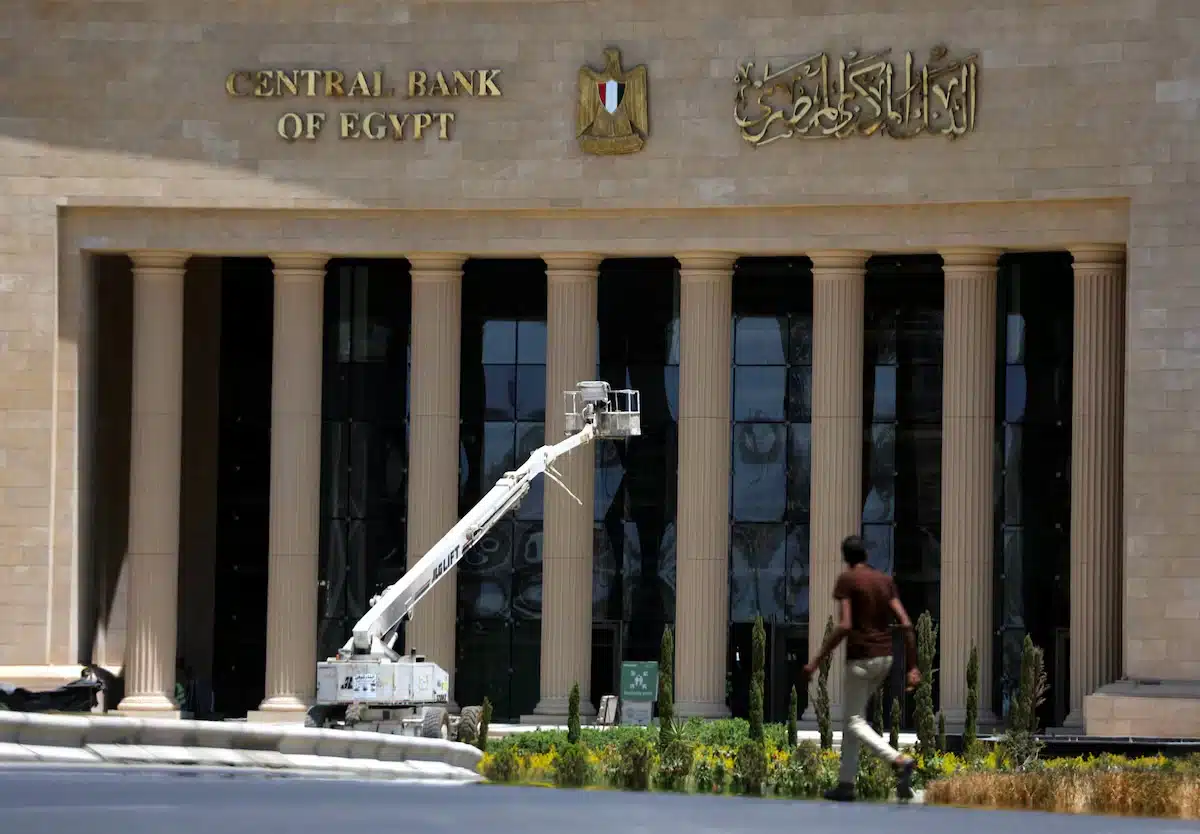For years, South Sudan’s financial system has relied heavily on cash, making transactions slow, expensive, and difficult to track.
According to the World Bank Database, over 70% of adults in the country lacked access to formal banking services in 2017. As a result of this, mobile money services like MTN and Zain operated separately, increasing costs and limiting access. With most payments happening in cash, businesses and individuals were able to avoid taxes easily which led to lost government revenue.
In 2019, mobile money platforms like m-Gurush and NilePay launched, offering more financial options. However, without a unified system, transactions remained inefficient, and tax collection persisted as a challenge. The government struggled to track business activities, allowing tax evasion to thrive.
This is why the recently launched National Instant Payment System (NIPS) promises to be a saving grace. It aims to make digital transactions faster, cheaper, and easier to track.
But beyond the convenience, this could also help stitch the wound of South Sudan’s tax system. This is because with NIPS, tax collection will be easier than it has been. As transactions become more traceable, it will be harder for businesses and individuals to hide income.
Kenya provides a clear proof of the possibility of this. The rise of M-Pesa helped improve tax monitoring, leading to increased tax revenue from mobile transactions. By 2020, Kenya collected over $200 million from digital transactions alone and this growth was attributed to the seamless tracking of transactions facilitated by M-Pesa.
South Sudan can achieve similar success if it integrates tax compliance into NIPS from the start. One way it can be done is through automated transaction reporting, where every digital payment creates a record accessible to tax authorities.
Businesses could also be required to link their tax identification numbers (TINs) to their NIPS accounts, making it easier to track taxable income and reduce tax evasion.
However, it is pertinent to note that countries that have taxed all digital transactions have often seen users return to cash to avoid extra charges.
One of those countries is Uganda. In 2018, a 1% mobile money tax introduced led to an immediate drop in transaction volumes as people reverted to cash. The government had to revise the tax to 0.5%, but the damage was done and trust in digital payments had already been shaken.
In South Sudan, a tiered tax system would work better where small daily transactions will stay tax-free to keep digital payments accessible, while larger business transactions generate revenue.
If implemented wisely, NIPS could enhance tax collection, increase revenue, and encourage financial sector growth. But if not, a poorly designed tax policy could discourage adoption and push people back to cash, undoing the progress.
South Sudan has a unique opportunity to learn from other African countries and design a tax system that supports growth rather than stifles it. It’s not just about taxing more but about taxing smartly.






